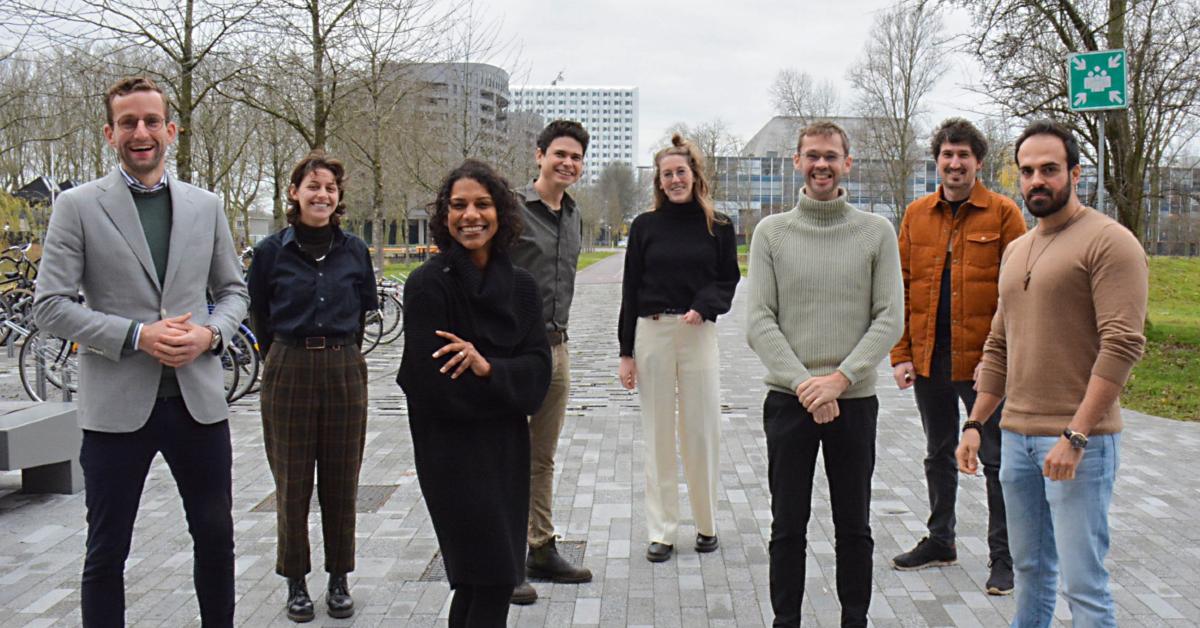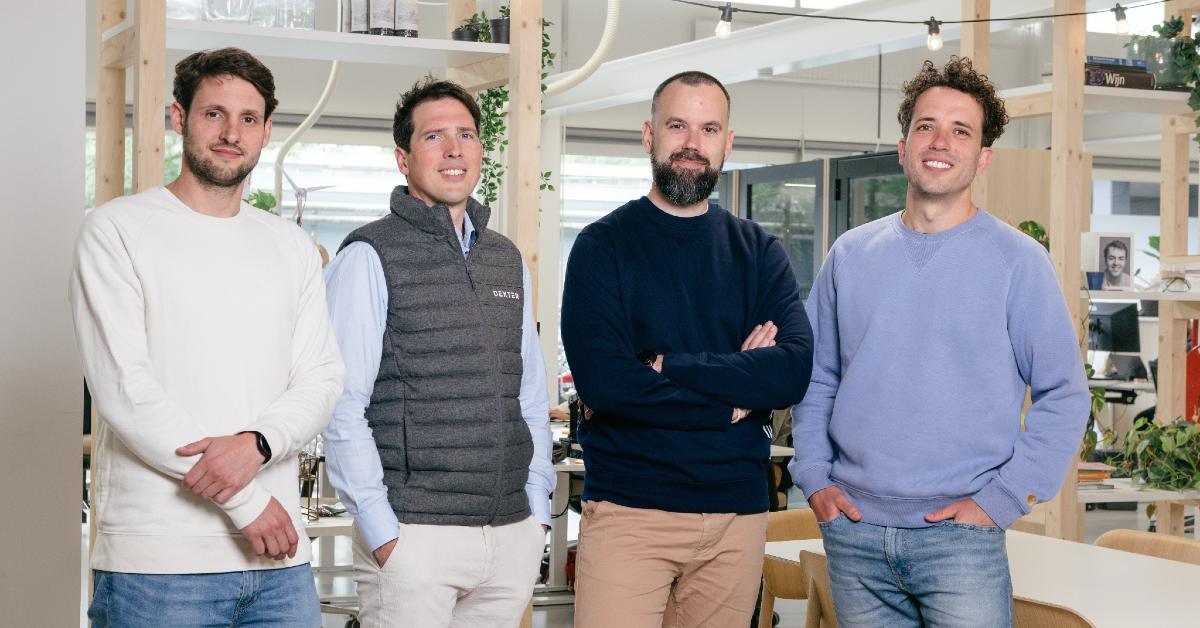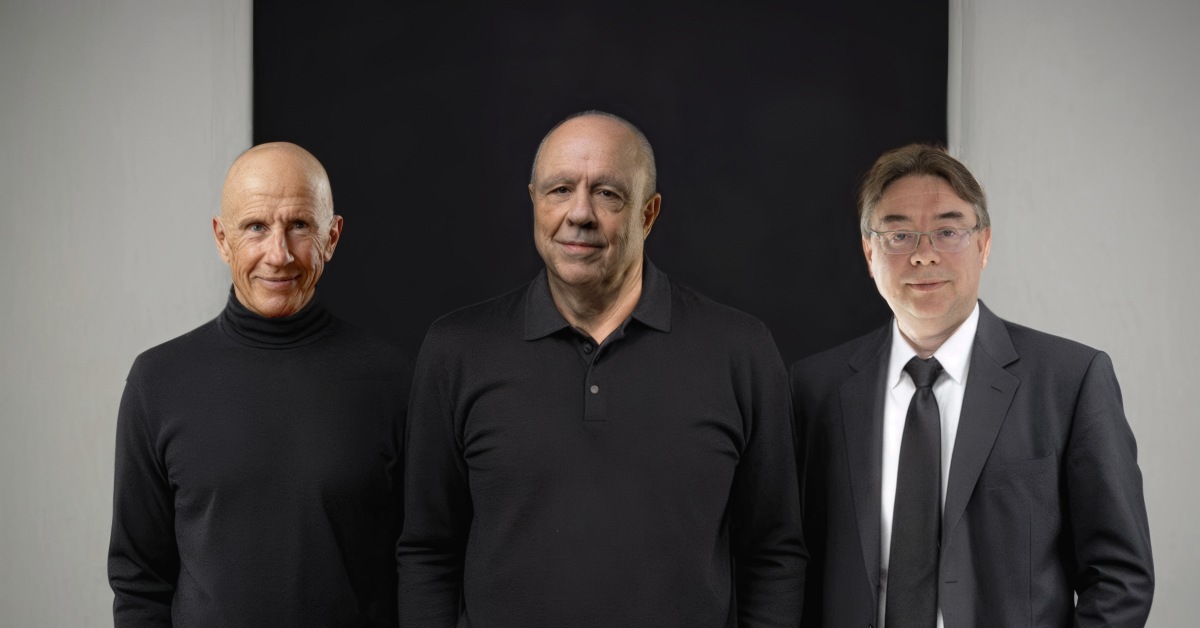With a goal of making science education easy, interesting, and effective, London-based ed-tech startup, MEL Science, has raised $14M (approx €11.6M) in its Series B round of funding from international investors including Mubadala Investment Company and few other investors from Europe and China.
About MEL Science
Founded in 2015 by Vassili Philippov, the company aims to bring science to life through educational kits, combining hands-on experiments with interactive VR simulations and live lessons – created to help students learn in intuitive, engaging ways. MEL stands for “more efficient learning.”
Explaining about the company, Vassili Philippov, founder and CEO of MEL Science, says, “Our mission is to encourage and educate a new generation of scientists. We have found that a subscription model lends itself perfectly to this. As demand for home education resources continues to increase, it provides a way to help parents fill the role of teachers during periods of classroom closures, and continually fuel their kids’ curiosity for, and interest in, subjects that are often difficult to grasp.”
MEL Chemistry is one of the first products launched by the company. It is a subscription service that offers a monthly delivery of safe chemistry experiments for kids. The subscription is for those who want their child to get a touch on real science and for homeschoolers who don’t get access to school labs.
MEL Science team searches for the most interesting and safe chemistry experiments. After which, all the ingredients and instructions are shipped to the subscriber as science kits.
In the first month of the subscription, the subscriber receives a free Starter Kit, which includes chemistry equipment, safety glasses, a smartphone holder, a macro lens, and a VR headset. Every month subscriber receives from 5 to 6 exciting experiments; the subscription lasts 18 months.
The products are designed for children aged 5-14 and are intended to be used either as an at-home teaching aid or by schools.
Growth and developments
Since its inception, the company has increased its range of products; adding a MEL Physics kit, a MEL Kids STEM kit – specially designed for children aged 5-10 – to its original MEL Chemistry offering.
According to the company, all micro-science kits help students to overcome the challenges of learning about science at home, with all the necessary tools to conduct the experiments provided safely. These can be supplemented with a range of free science videos and DIY articles published by the company.
During and after the COVID-19 pandemic, MEL Science has proved an invaluable educational resource for tens of thousands of subscribers struggling with schooling disruptions, claims the company.
According to the company, its VR technology has recently been found to improve both test-scores and student engagement levels in a study by the New Jersey Institute of Technology.
Image credit: MEL Science










01
From telecom veteran to Dutch Startup Visa success: The Jignesh Dave story